Rust occurs when metal is exposed to moisture. It is a chemical reaction that, if left unchecked, can corrode the metal and make it fragile. While some types of rust are easily fixed and not likely to affect your car’s performance, certain examples can be a sign of impending issues that can compromise the function of your vehicle and possibly your safety.
Surface Rust
The more innocuous kind of rust typically presents as a small spot or series of bubbles on the surface of your car. It is usually caused by slight damage to the paint surface that exposes the metal and allows it to be affected by water and air. Small amounts of surface rust on the body or undercarriage are easy to get rid of and will probably not damage your car in the long term, although they may present a less polished appearance.
Causes of Dangerous Rust
Significant and widespread rust, on the other hand, can present a more serious problem. This sort of rust is commonly caused by flooding or by continued exposure of your car to the elements. If your car has sustained damage that includes scratched or flaked-off paint, leaving the metal exposed may lead to surface rust that eventually can become deep rust.
Which Parts Should Never Be Rusty?
There are several car parts where the presence of rust may be a warning signal. When the seams of body panels are affected, risks include loose body panels and holes in the vehicle’s body. These present a potential danger both to passengers riding in the car and to other motorists. Loose panels that come off while driving can be a road hazard for other travelers. In addition, a panel that has been rusted through can allow exhaust fumes to enter the vehicle’s cabin. Also of possible concern are signs of corrosion on the spot welds of your floor.
Internal components should also be rust-free. If your brake lines or gas lines are rusty, they can be in danger of wearing through and likely need to be replaced. The same is true for your front shock towers.
Inspecting for Rust
If your car is generally in good shape, a regular inspection by a trusted mechanic should include checking for smaller rust spots that can easily be taken care before the corrosion has a chance to spread. If your car has been damaged by an accident, flooding or severe weather, it is especially important to check all parts for signs of rust.
